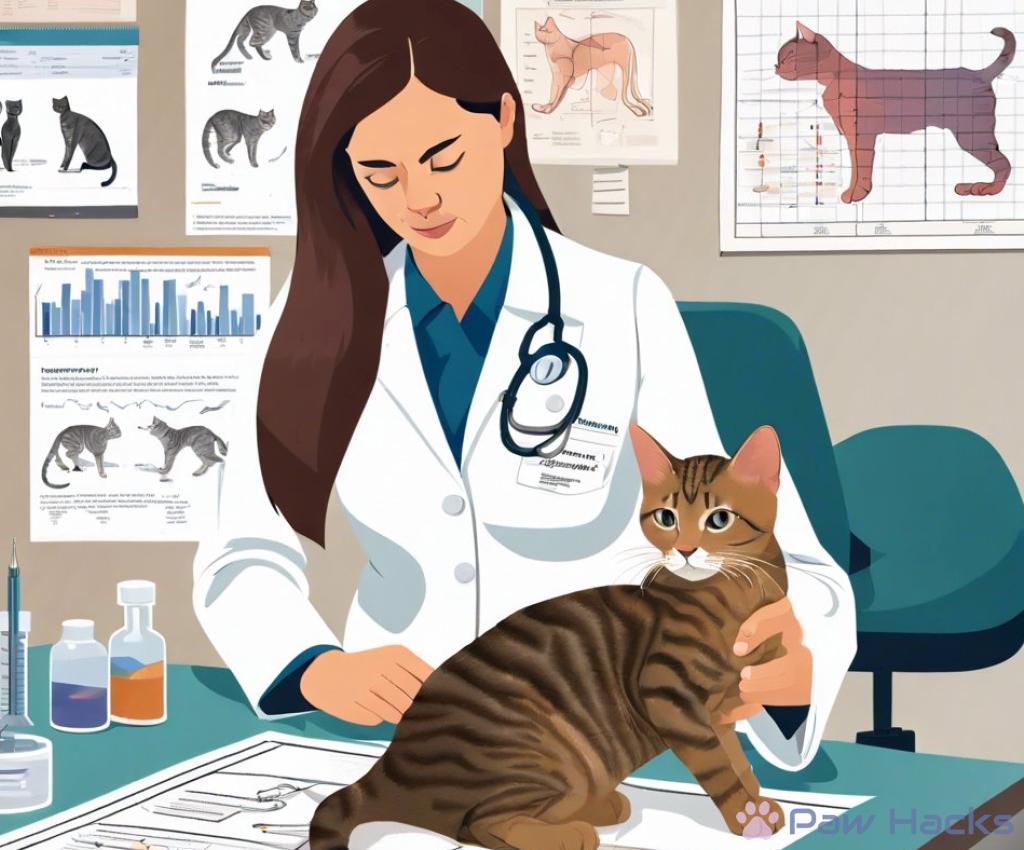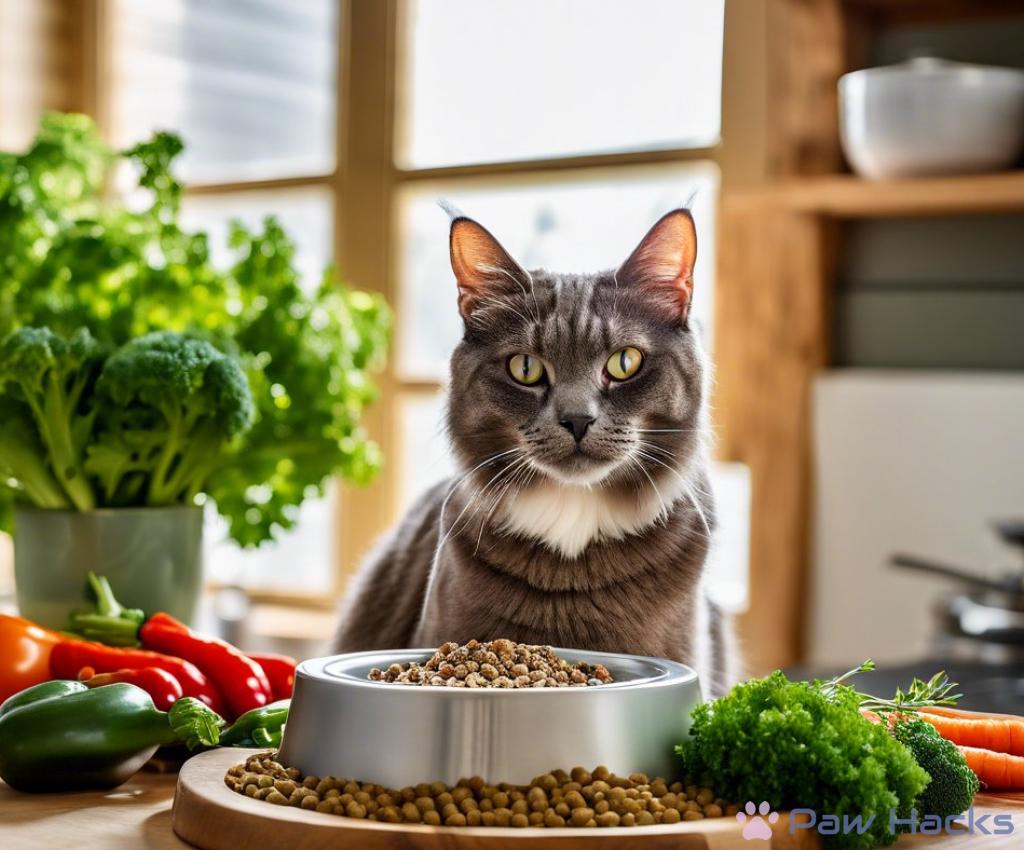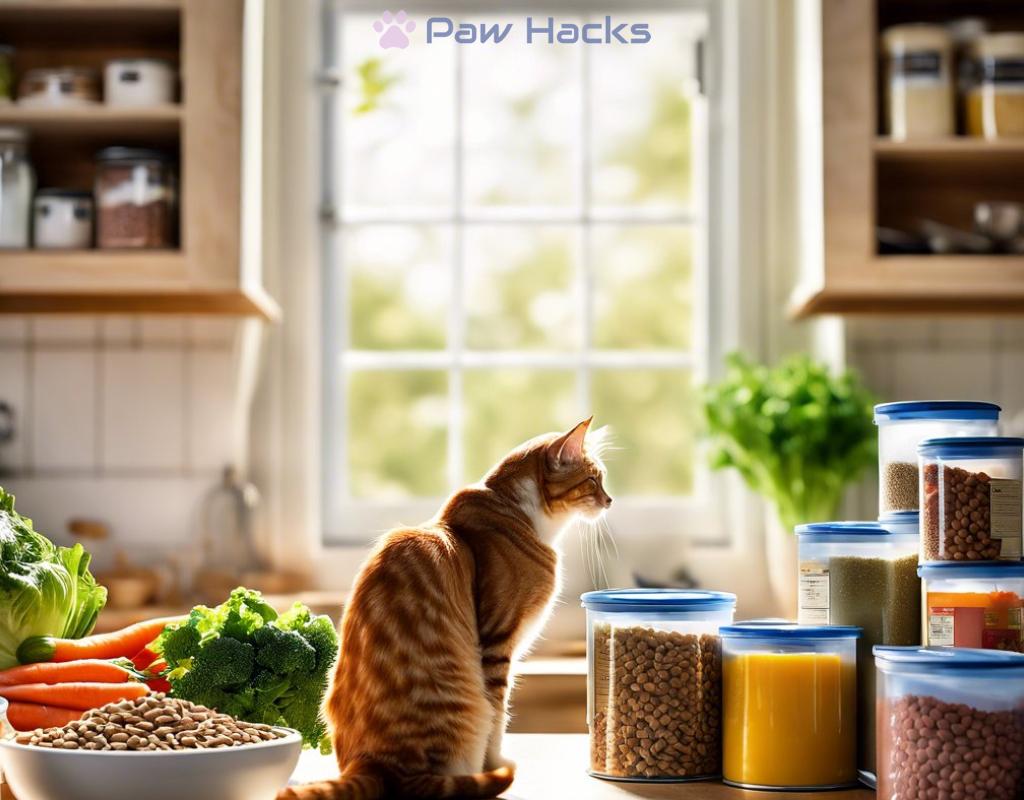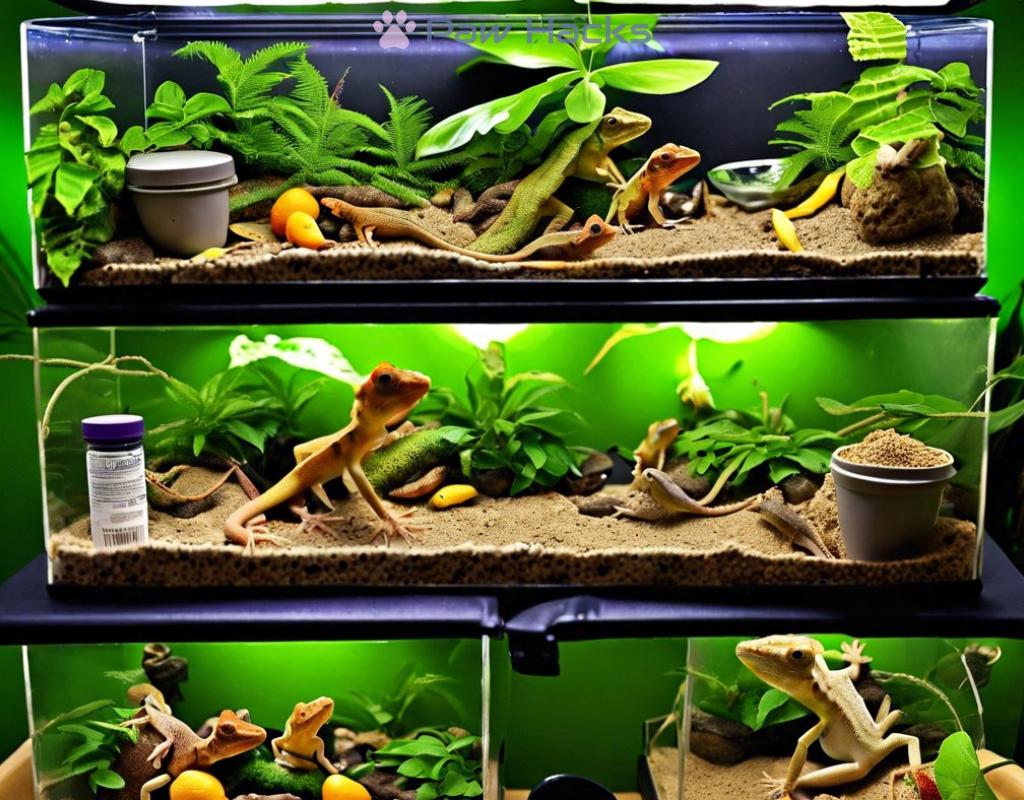Nutritional Management of Feline Hyperthyroidism
Understanding Feline Hyperthyroidism: The Basics

What is Feline Hyperthyroidism?
Feline hyperthyroidism is a common endocrine disorder in older cats, characterized by an overproduction of thyroid hormones. This condition can lead to a range of health issues, making it crucial for cat owners to understand its implications. The thyroid gland, located in the neck, plays a vital role in regulating metabolism, energy levels, and overall physiological functions. When it becomes overactive, it can significantly affect a cat’s health.
Recognizing the Symptoms
Identifying hyperthyroidism early is key to effective treatment. Cats with this condition often exhibit various symptoms that may seem innocuous at first. However, as the condition progresses, these signs can become more pronounced. Here are some common symptoms:
- Increased appetite despite weight loss
- Hyperactivity and restlessness
- Increased thirst and urination
- Vomiting or diarrhea
- Poor coat condition
Being vigilant about these signs can help in early diagnosis, allowing for timely nutritional and medical interventions.
Understanding Nutritional Management
Nutritional management plays a pivotal role in managing feline hyperthyroidism. A specialized diet can help control the symptoms and support overall health. The following table outlines key dietary considerations for cats with hyperthyroidism:
| Dietary Component | Recommendation |
|---|---|
| Protein | Moderate to high-quality protein sources to support muscle mass |
| Iodine | Low iodine content to help regulate thyroid hormone production |
| Fat | Increased omega-3 fatty acids to reduce inflammation |
| Fiber | Incorporate fiber to aid digestion and help manage weight |
Each cat is unique, and it’s essential to consult with a veterinarian to tailor a diet that meets the specific needs of your feline friend. With the right approach to nutrition, you can help manage the effects of hyperthyroidism and improve your cat’s quality of life.
Nutritional Strategies to Manage Hyperthyroid Cats

Managing feline hyperthyroidism is not solely about medication; nutrition plays a crucial role in stabilizing your cat’s condition. Implementing the right nutritional strategies can significantly enhance your furry friend’s well-being. Here are some effective approaches that cat owners should consider when crafting a dietary plan for hyperthyroid cats.
Choosing the Right Ingredients
When selecting food for a cat with hyperthyroidism, the quality of ingredients is paramount. Opting for high-quality, nutrient-dense foods can help mitigate some symptoms associated with the disorder. Consider the following:
- High-Quality Proteins: Cats require protein for energy and muscle maintenance. Look for foods that list high-quality animal protein sources as the primary ingredient.
- Reduced Iodine Levels: Since iodine can stimulate thyroid hormone production, choose a diet with controlled iodine levels to help manage hormone balance.
- Enhanced Omega-3 Fatty Acids: Incorporating omega-3 fatty acids can help reduce inflammation and improve overall health.
Portion Control and Feeding Frequency
Another critical aspect of managing a hyperthyroid cat’s diet is controlling portion sizes and meal frequency. Overeating can lead to further complications, so adjust feeding habits accordingly:
- Offer smaller, more frequent meals throughout the day to prevent excessive calorie intake.
- Monitor your cat’s weight closely and adjust portion sizes as needed to maintain a healthy weight.
- Consider using puzzle feeders or slow-feed bowls to encourage slow eating, reducing the risk of gastrointestinal upset.
Consulting with a Veterinary Nutritionist
Every cat is unique, and what works for one may not work for another. Collaborating with a veterinary nutritionist can provide tailored dietary recommendations based on your cat’s specific health needs. This expert guidance can help you navigate the complexities of feeding a hyperthyroid cat while ensuring optimal nutrition.
The Role of Special Diets in Feline Thyroid Health
When it comes to managing feline hyperthyroidism, the role of special diets cannot be understated. These tailored nutritional strategies not only aim to alleviate symptoms but also play a crucial part in enhancing the overall health and well-being of affected cats. A specialized diet can serve as a powerful tool in the fight against this common endocrine disorder.
Special diets for hyperthyroid cats are designed with a keen focus on controlling the levels of thyroid hormones while ensuring that your feline friend receives adequate nutrition. One of the most significant aspects of these diets is their reduced iodine content. Iodine is known to stimulate the production of thyroid hormones, and by limiting its intake, you can help maintain a healthier hormonal balance. This dietary modification is essential, as it directly influences the cat’s thyroid health. Furthermore, many of these diets are enriched with high-quality proteins, which are vital for energy and muscle maintenance. Cats, being obligate carnivores, thrive on proteins that support their unique biological needs.
In addition to protein and iodine management, omega-3 fatty acids are another key component of special diets aimed at hyperthyroid cats. These fatty acids not only help reduce inflammation but also contribute to overall heart and kidney health, which are particularly important for older cats. By providing a diet rich in omega-3s, you can help mitigate some of the adverse effects hyperthyroidism may have on your cat’s body. Additionally, incorporating fiber into the diet can assist in digestion and help manage weight, which is often a concern for hyperthyroid cats, especially when their appetite is paradoxically increased.
It is important to note that not all commercial diets are created equal. When choosing a special diet for your hyperthyroid cat, it is crucial to consult with a veterinarian or a veterinary nutritionist. They can guide you in selecting a diet that meets your cat’s specific health requirements and lifestyle needs. The right diet can indeed make a significant difference in managing feline hyperthyroidism, promoting not only longevity but also a better quality of life.
Supplements and Their Impact on Feline Hyperthyroidism
When it comes to managing feline hyperthyroidism, nutrition is a pivotal factor. While specialized diets are essential, supplements can also play a significant role in supporting your cat’s health. The right supplements can enhance the effectiveness of dietary management and help address specific deficiencies caused by this condition.
Exploring Beneficial Supplements
Many cat owners wonder which supplements can positively influence their hyperthyroid cats. One of the most promising options is omega-3 fatty acids. These essential fats are known for their anti-inflammatory properties and can help mitigate some of the adverse effects of hyperthyroidism, particularly on vital organs like the heart and kidneys. Another supplement worth considering is antioxidants, such as vitamin E and selenium. These compounds can help combat oxidative stress, which may be heightened in hyperthyroid cats due to increased metabolic activity.
The Importance of Iodine Restriction
While managing hyperthyroidism, it’s vital to keep an eye on iodine intake. Since excess iodine can trigger thyroid hormone production, some supplements that are low in iodine can be beneficial. For instance, certain herbal supplements have been shown to have a balancing effect on the thyroid gland. However, consultation with a veterinarian is crucial before introducing any new supplements. They can provide guidance tailored to your cat’s unique health needs and ensure that the supplements do not interfere with any medications your cat may be taking.
Monitoring and Adjusting Supplementation
As with any aspect of managing feline hyperthyroidism, monitoring your cat’s response to supplements is essential. Regular veterinary check-ups can help assess your cat’s thyroid hormone levels, allowing for adjustments to the supplementation regimen as needed. This proactive approach can lead to a better quality of life for your feline friend. Remember, while supplements can aid in management, they should not replace a balanced diet or prescribed medical treatments. Striking a balance between diet, supplements, and veterinary care is key to achieving optimal outcomes in managing feline hyperthyroidism.
Monitoring and Adjusting Diet for Optimal Thyroid Control
When it comes to managing feline hyperthyroidism, achieving optimal thyroid control is a dynamic process that requires regular monitoring and adjustments to your cat’s diet. Just as no two cats are the same, their nutritional needs can change over time due to the progression of the condition, response to treatment, and individual lifestyle factors. This means that vigilant observation and flexibility in dietary management are paramount to ensuring your feline friend remains healthy and comfortable.
One of the first steps in monitoring the effectiveness of your cat’s diet is to keep an eye on their weight and overall condition. Regular weigh-ins can help you assess whether your cat is maintaining a healthy body weight or experiencing fluctuations due to hyperthyroidism. If your cat appears to be losing weight despite an increased appetite, this could indicate that their current diet is not adequately meeting their energy needs. In such cases, it may be beneficial to consult with your veterinarian to explore high-calorie, nutrient-dense options that still adhere to the low-iodine guidelines necessary for thyroid control.
Moreover, paying attention to your cat’s coat quality, activity level, and general demeanor can provide insightful cues about their nutritional status. A poor coat condition, lethargy, or changes in behavior might suggest that your cat’s diet needs to be reevaluated. Regular blood tests can also help assess thyroid hormone levels, providing a clearer picture of how well your cat is responding to their current dietary regimen. These tests can guide any necessary adjustments, ensuring that your cat is receiving the right balance of nutrients to support their metabolism and overall health.
As your cat’s needs evolve, maintaining communication with your veterinarian is crucial. They can help interpret test results and make informed recommendations regarding dietary changes, whether it means increasing certain nutrients, altering feeding schedules, or incorporating specific supplements. This collaborative approach can significantly enhance your cat’s quality of life by ensuring that their dietary management remains tailored to their unique circumstances. Remember, the goal is not just to control hyperthyroidism but also to promote a happy, healthy life for your feline companion.
Share this content:



